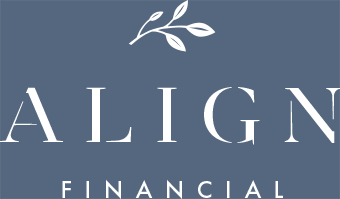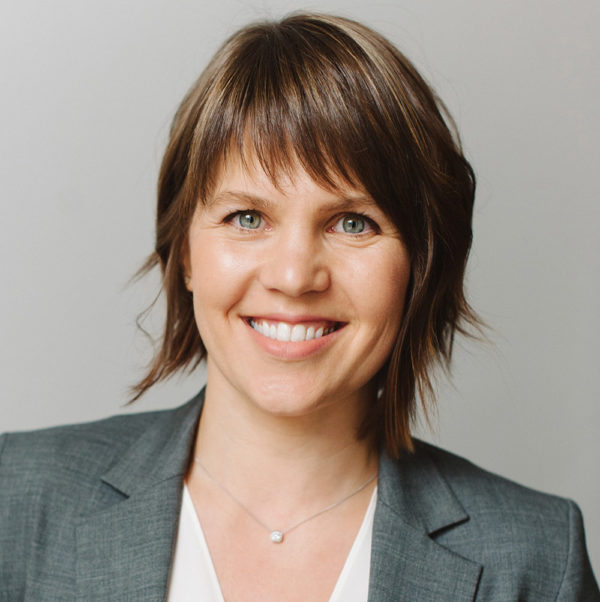As you approach retirement, you might find yourself facing a significant financial decision: should you pay off your mortgage before giving up your steady paycheck? This question is more than just a matter of dollars and cents—for many, it’s a crucial part of your overall retirement strategy that can impact your financial security and peace of mind for years to come.
While the idea of entering your golden years debt-free might seem appealing, the choice isn’t always straightforward. Paying off your mortgage before retirement requires careful consideration of various financial factors and opportunity costs.
In this post, we’ll explore the key considerations to help you make an informed decision that aligns with your unique retirement goals and financial situation.
Benefits of Paying Off Mortgage Before Retirement
There are compelling reasons to consider paying off your mortgage before you retire.
First, it can provide a significant sense of peace of mind and financial security. Knowing that you own your home outright can be incredibly reassuring as you enter retirement, eliminating a major financial obligation from your plate.
Reducing your monthly expenses is another key advantage. According to data from the Bureau of Labor Statistics (BLS), on average, homeowners who are 65 and older spend $18,872 annually for housing, representing 36.2% of their annual expenses.
Without a mortgage payment, your retirement income can stretch further, potentially allowing for a more comfortable lifestyle or providing a buffer against unexpected costs. This lower financial burden can be especially valuable if you’re on a fixed income.
Paying off your mortgage early can also result in substantial interest savings over the life of the loan. For example, suppose you have a $200,000 mortgage loan at a fixed rate of 3.5% over 30 years. Paying off this loan 10 years early could reduce your total interest expense by $20,270, providing more resources for savings, investments, or other financial goals.
Lastly, owning your home outright gives you full equity in the property, which can be a valuable asset in retirement. For instance, you might consider a reverse mortgage, allowing you to access funds while continuing to live in your home. This option can provide an extra financial cushion during your retirement years.
Potential Drawbacks of Paying Off Your Mortgage Before Retirement
While paying off your mortgage before retirement can be an attractive option for some, there are several important factors to consider before making this decision.
One of the main concerns is the opportunity cost. In other words, the money you’d use to pay off your mortgage could potentially earn higher returns if you invested it elsewhere, especially over the long term.
For example, if your mortgage interest rate is relatively low, you might be able to earn a better return by investing in a diversified portfolio of stocks and bonds. Over time, this could potentially grow your wealth more significantly than the interest you’d save by paying off your mortgage.
Another consideration is the potential loss of mortgage interest tax deductions, which can reduce your overall tax burden in retirement. While this may not be a significant concern, it’s important to evaluate how this change could affect your annual taxes and overall financial plan.
Finally, paying off your mortgage reduces your liquidity heading into retirement. Once you’ve put that money into your home, it’s not easily accessible if you need it for other purposes, like unexpected medical expenses or other emergencies. This reduced flexibility could be a strain on your finances, especially in the early years of retirement.
Financial Considerations
Paying off your mortgage early isn’t a decision you should make in a vacuum. It’s essential to weigh your options within the context of your financial circumstances and retirement goals.
Start by comparing your current mortgage interest rate to potential investment returns. If your mortgage rate is relatively low, you might earn more by investing your money instead of using it to pay off the loan.
You’ll also want to consider the remaining balance and term of your mortgage. If you’re close to paying it off anyway, it might make sense to finish it up. However, if you have a large balance or many years left, the decision becomes more complex.
In addition, be sure to take stock of your liquid assets and emergency funds. It’s important to maintain a financial cushion for unexpected expenses or market downturns—especially during your retirement years. If paying off your mortgage early leaves you cash-poor, you might want to give yourself time to build your cash reserve first.
Lastly, real estate market trends can significantly influence your decision. In a strong housing market, for example, selling your home and downsizing could be advantageous, allowing you to access your equity. Similarly, low rates might make keeping your mortgage more attractive, while higher rates could make paying it off the smarter choice.
Personal Factors to Consider
For many homeowners, paying off a mortgage before retirement isn’t just a financial decision. Your personal circumstances and money mindset also play key roles in making the right choice.
First, consider your risk tolerance and comfort level with debt. Some people sleep better at night knowing they’re debt-free, while others are comfortable carrying a mortgage if it means more investments or liquid assets.
Your age and health status are also important factors. If you’re retiring early or in excellent health, you might have a longer retirement horizon to consider. On the other hand, if you’re retiring later or have health concerns, you might prioritize reducing monthly expenses sooner.
It’s also important to consider your long-term plans for your home. Do you intend to age in place, or are you considering downsizing in the future? If you’re planning to move or downsize, keeping the mortgage might make more sense than tying up your funds in a home you’ll sell soon.
Finally, it can be helpful to think about your legacy planning and estate goals. On the one hand, paying off your mortgage could increase the value of your estate for your heirs. However, if you have other legacy priorities, you might prefer to direct your funds elsewhere.
Remember, there’s no universal right answer. The best choice depends on your unique situation, goals, and values. Be sure to take the time to reflect on these personal factors alongside the financial considerations to make a decision that feels right for you.
Best Practices for Paying Off Your Mortgage Before Retirement
If you’ve decided that paying off your mortgage before retirement is the right choice for you, there are several strategies you can use to reach your goal more efficiently.
One of the most effective approaches is to make extra payments toward your principal whenever possible. Even small additional amounts can significantly reduce your overall interest and shorten your loan term.
Setting up bi-weekly payments can be another smart tactic. By paying half your monthly mortgage amount every two weeks, you’ll make 26 half-payments per year, which is equivalent to 13 full monthly payments instead of 12. This extra payment each year can help you pay off your mortgage faster without straining your budget.
When you receive unexpected windfalls—for example, tax refunds, work bonuses, or an inheritance—consider applying them directly to your mortgage balance. These lump-sum payments can make a big dent in your principal, potentially saving you thousands in interest over time.
Lastly, if your current mortgage has a higher interest rate, you might want to explore refinancing to a shorter term. While this could increase your monthly payments, it often comes with a lower interest rate and can help you pay off your mortgage more quickly.
The key is to avoid stretching yourself too thin in the pursuit of paying off your mortgage and to balance this goal with other financial priorities. By finding a payoff strategy that works for your financial situation, you can work toward a mortgage-free retirement without compromising your overall financial health.
Aligning Your Money with Your Ideal Retirement
Paying off your mortgage before retirement is a complex decision that depends on a range of financial and personal factors. Ultimately, there’s no one-size-fits-all answer—what works for your neighbor might not be the best choice for you. Before deciding, it’s important to carefully weigh your options, considering your near-term financial goals, risk tolerance, and future retirement plans.
At Align Financial, we specialize in helping clients align their money with their life, empowering them to retire confidently and on their terms. If you’re feeling overwhelmed or unsure about your retirement plans, we’re here to provide personalized guidance tailored to your unique circumstances and goals. Contact us today to see if we’re the right fit for your financial planning needs.













